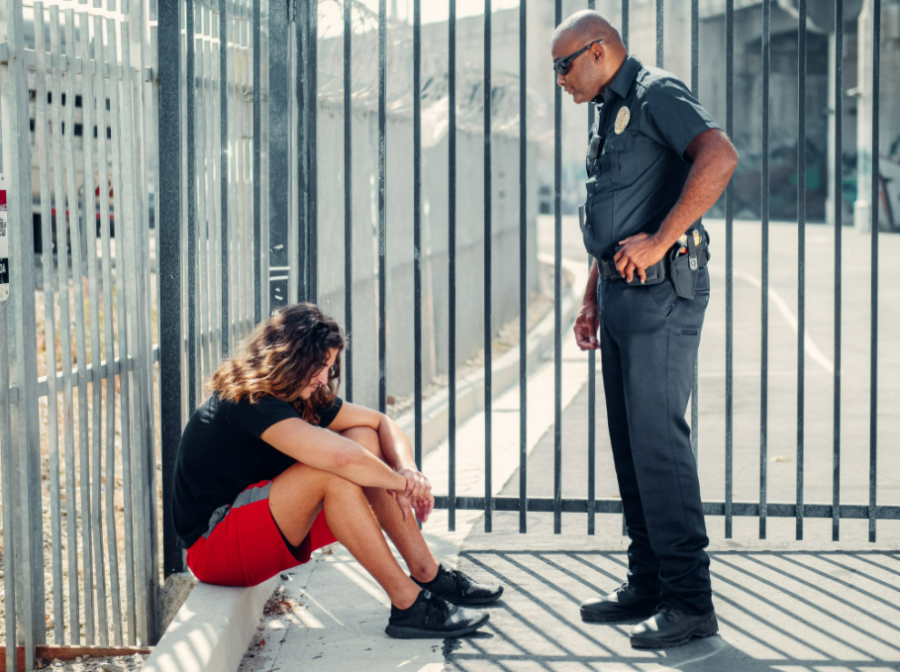Teenagers notoriously push buttons and cause trouble, but some teenagers seem to cause more trouble than others. If your teenager finds themselves on the wrong side of the law, it affects them and everyone else in the family. The experience can be used as a learning opportunity and a catalyst to change for the better. But what do you do as a parent? If your kid has been arrested, here are some steps for you to take as a parent.

Get Them Out
When your child gets arrested, you need to get them out of jail as quickly as possible. While in jail or a detention center, your child may learn criminal behavior or meet unsavory characters. Plus, they need to be out to focus on their responsibilities and redeeming themselves for their actions.
If your teen is still a minor, most likely they will simply be released into your care, depending on the crime. If their crime was severe enough, they will likely be held in a juvenile detention until their court date.
However, if your teen is eighteen or older, you can likely get them out on bail. Visit a bail bond agent to post bail and get your teen back under your care. The quicker you can get your teen out on bail, the less interruption they’ll experience in their daily life. They’ll be able to attend classes and work, and all they need to do is show up on the necessary court dates.
Hire a Lawyer
The experience isn’t over when you bail your teen out of jail. There will be a court date and a judgement which they need to show up for, whether they believe themselves guilty or innocent. If your teen is judged to be guilty for the crime, this judgement will also come with a sentence. This can vary and may include fines or restitution, community service, rehabilitation, juvenile detention, or an apology to the victim.
Whether you believe that your teen is innocent or guilty, they need a defendant for the trial. A lawyer will represent your child to the judge to get the most lenient judgement possible. Look for lawyers in your area with a track record of success and extensive experience working with juveniles. If your family cannot afford a lawyer, the court will provide a public defendant, but it’s important to remember that a public defendant works for the state and might not have the same amount of experience.
Punish for Good
You may have natural feelings of anger toward your child for their actions, and this could lead you to punish them harshly before putting much thought into it. However, it’s best to think about the punishment before you deliver it. An overly harsh or ineffective punishment won’t encourage real change in your child. Ideally, the punishment can result in something good. Make your punishment fit the situation. For example, if your child stole from a store, you can take away privilege or treasured items like they took something from someone else. If they acted recklessly, you can make them volunteer for organizations that speak out against drunk driving or substance abuse.
Children make mistakes. Sometimes, they make big mistakes. No one is past help and a little tough love (with an emphasis on the love) can put someone on the right track. If your child fought the law and the law won, you have options. Talk to a mental health professional if your child continues to demonstrate reckless behavior.